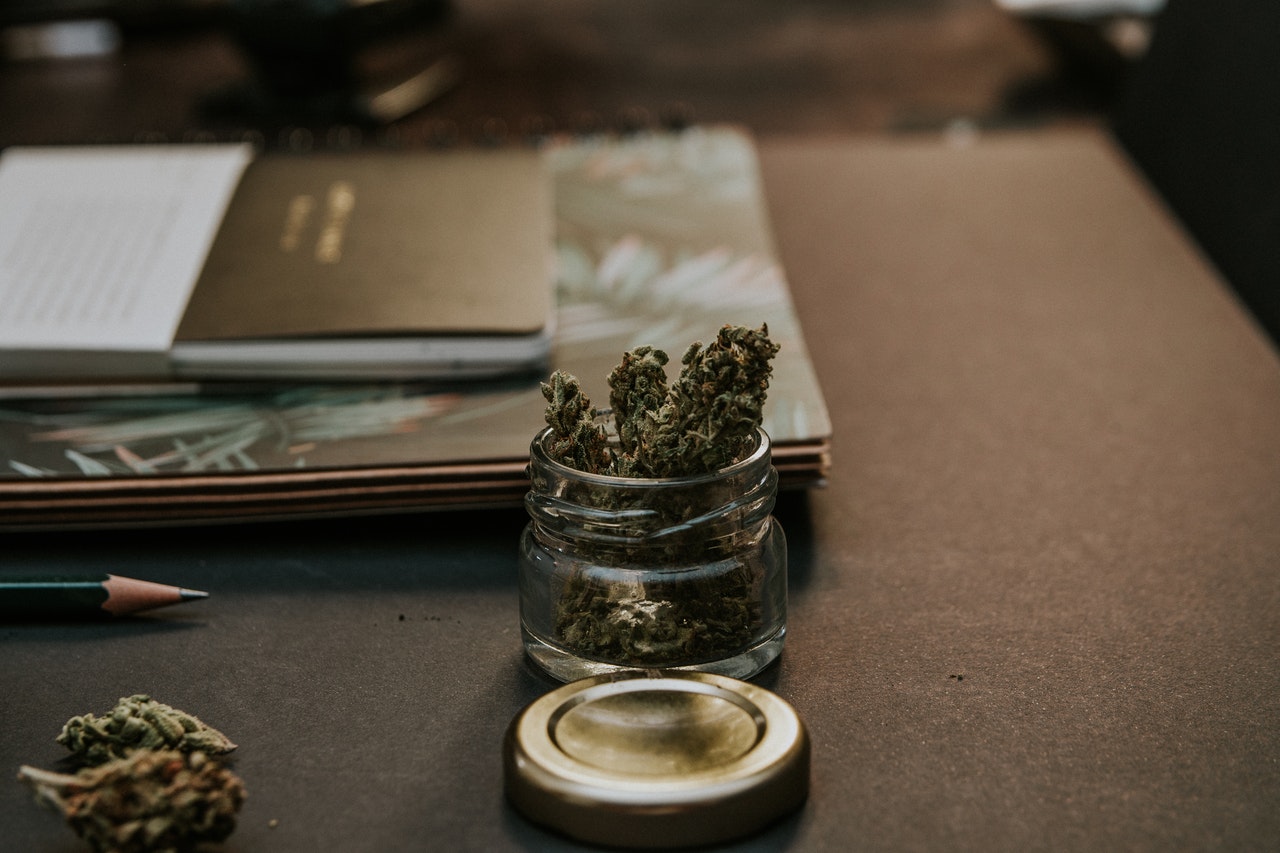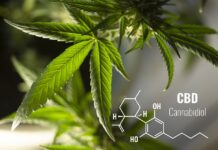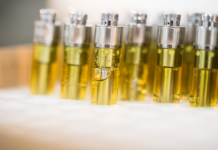As the stigma around cannabis fades with increasing legalizations, consumers are now more interested in using CBD oils and oral sprays for their several benefits.
On the other hand, the population’s mental health crisis has worsened, with the vast majority of adults reporting to have some anxiety or depression issues. The pandemic has only made things worse.
So, many consumers are now looking to CBD as a potential remedy to lower anxiety. In this article, we will explore the use of CBD to reduce anxiety in more detail. So let’s begin!
What is CBD
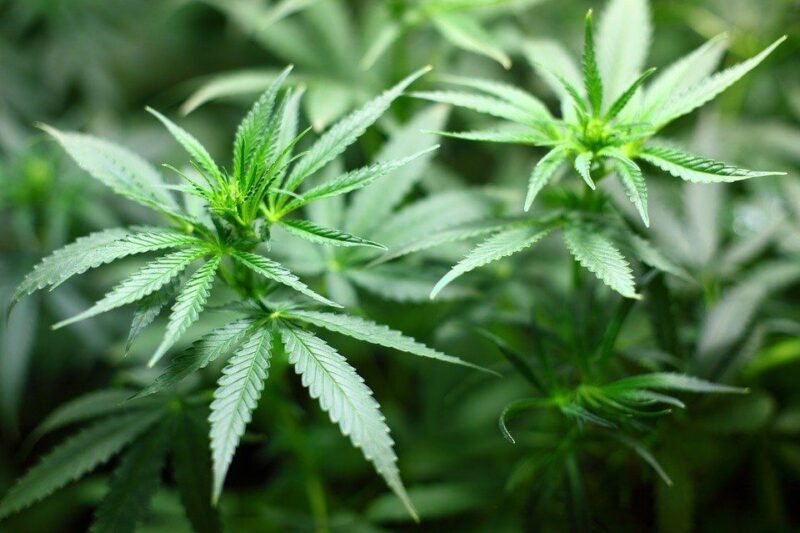
CBD is a cannabinoid, a chemical naturally present in cannabis (hemp and marijuana) plants. CBD oil’s ability to help alleviate anxiety is promising. Unlike the other type of cannabinoid called tetrahydrocannabinol (THC), CBD does not have psychoactive effects or the “high” that many people associate with cannabis.
If you are in the UK, you can visit cbdology.eu to explore the several potential benefits of CBD on anxiety.
CBD Acts on Serotonin Receptors to Reduce Anxiety
CBD has been shown to function as a serotonin-subtype receptor (a 5-HT1a receptor agonist). The term “agonist” refers to an activator in pharmacology. CBD binds to the 5-HT1a receptor and activates it.
Activation of the 5-HT1a receptor has been shown in scientific studies to have the following beneficial effects on physical and mental health:
- Reduced aggression;
- Anxiolytic (anxiety-relieving) effects;
- Prosocial effects;
- Reduced impulsivity;
- Analgesic (pain-relieving) properties.
CBD may improve the activity and presence of serotonin neurotransmitters in the brain by activating 5-HT1a receptors linked to the beneficial impacts listed above.
On the other hand, SSRIs like Prozac and Zoloft have a side-effect profile that is much worse than CBD. More research is needed to see if CBD can be as effective as SSRIs.
What research has been done on CBD?
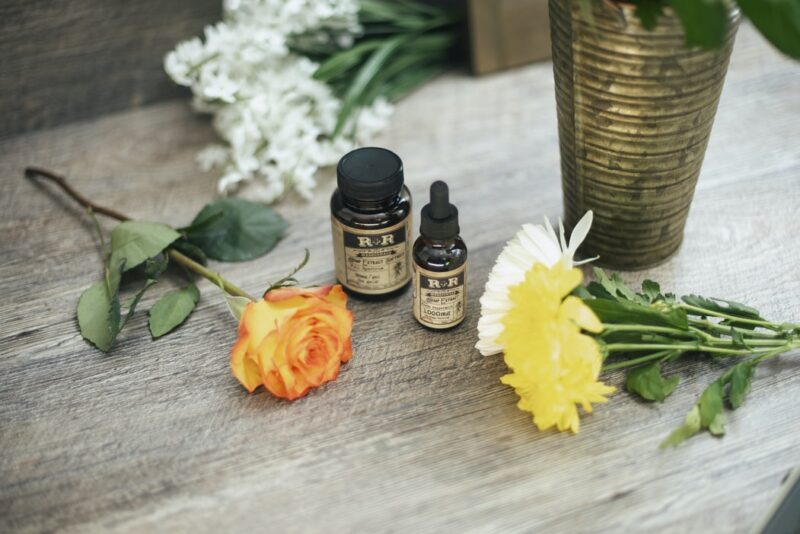
Several studies have looked into CBD as a treatment for anxiety as a result of its growing popularity.
According to a 2011 study, CBD decreased anxiety and stress during public speaking events for persons with social anxiety disorder.
CBD was also found to decrease anxiety symptoms in people with social anxiety disorder in another 2011 study.
CBD was used in a 2019 study to treat people suffering from anxiety and insomnia. In the first month, nearly 80% of respondents showed reduced anxiety, and almost 70% reported improved sleep, but the findings for sleep differed over time.
CBD was found to be “strongly supported” as a cure for generalized anxiety disorder, panic disorder, obsessive-compulsive disorder, social anxiety disorder, and post-traumatic stress disorder in a 2015 review of 49 studies.
CBD did not reduce anxiety or paranoia, according to a 2017 study, and it increased anxiety in some individuals.
Although the results are usually positive, there are a few points to consider.
First, a large number of these studies have a small number of participants (even the ones with a negative outcome). As a result, the sample sizes may not be as broadly representative of the general public.
Second, these studies do not examine the long-term effects of CBD therapy on anxiety. This means we don’t know if taking the drug regularly decreases anxiety in the long term.
How to Use CBD Oil
As previously stated, standardized dosing recommendations for CBD therapy have yet to be developed by healthcare professionals and researchers. Researchers have found that 300–600 mg of CBD decreased anxiety symptoms notably in 57 adult males in a 2019 study. The amount of CBD, a person, needs to relieve anxiety is determined by the CBD product and how it is administered.
Methods of CBD administration include:
- capsules
- edibles
- oil
- sublingual spray
- vaporized oil or cannabis flowers
The method of administration determines how fast cannabinoids come into effect

The impacts of orally administered CBD, such as oils, capsules, or edibles, begin to work within 30 minutes to 2 hours. The effects of vaping or smoking cannabis buds or CBD oils are much more immediate. CBD products taken orally should help with anxiety during the day. It may be beneficial to take these supplements first thing in the morning with some meals. CBD oil also provides instant relaxation when vaped or smoked, which can be beneficial in stressful circumstances such as making speeches.
Dosing guidelines in general
When deciding on a CBD dosage, these are the few factors to consider:
- Body mass index.
- Metabolism.
- CBD concentration.
- The severity of your anxiety.
The amount of CBD in each product varies, but it is usually represented in milligrams (mg) per container.
You can use an app or a dosage calculator to help you find your optimum dose once you learn the CBD product’s strength. Dosage calculators will give you a milligram recommendation based on the severity of your symptoms and your body weight.
The individual’s body chemistry also influences CBD effects. Some people metabolize medication more quickly than others, which may be due to genetics or lifestyle. If you know you metabolize medications rapidly, you might be able to get away with a higher dose.
Side effects and risks
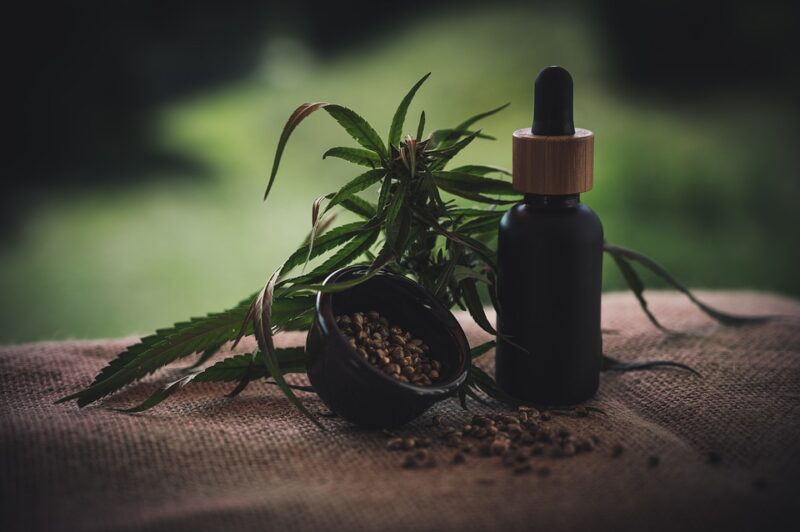
People may consume CBD at doses as much as 1,500 mg/day, according to the contributors of this 2019 review. There is a scarcity of data on CBD’s long-term safety. The following are some of the CBD’s side effects:
- reduced appetite
- drowsiness
- changes in weight
- diarrhea
CBD is not approved by the Food and Drug Administration (FDA) for treating anxiety or other mental health disorders. When buying CBD products, people should be using their sound judgment. Buy from trustworthy manufacturers and distributors only.
In Conclusion
CBD can help reduce anxiety, the most common mental health disorder, according to an ever-growing body of research. The FDA, on the other hand, does not prohibit CBD for the treatment of anxiety. Additionally, the dosage and quality of different products and manufacturers will differ significantly.
Consult with your doctor before you start using CBD – especially if you are on other prescriptions.

